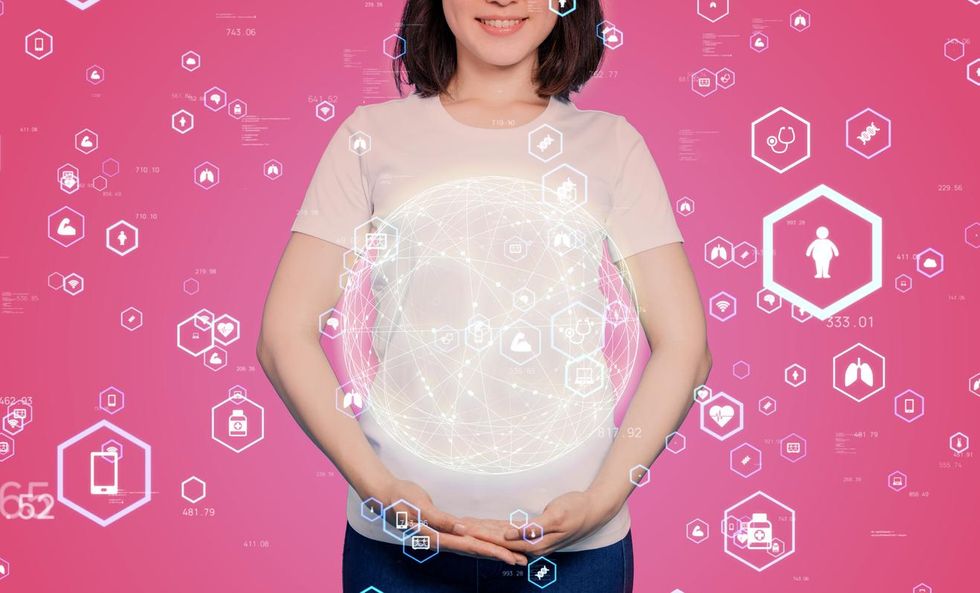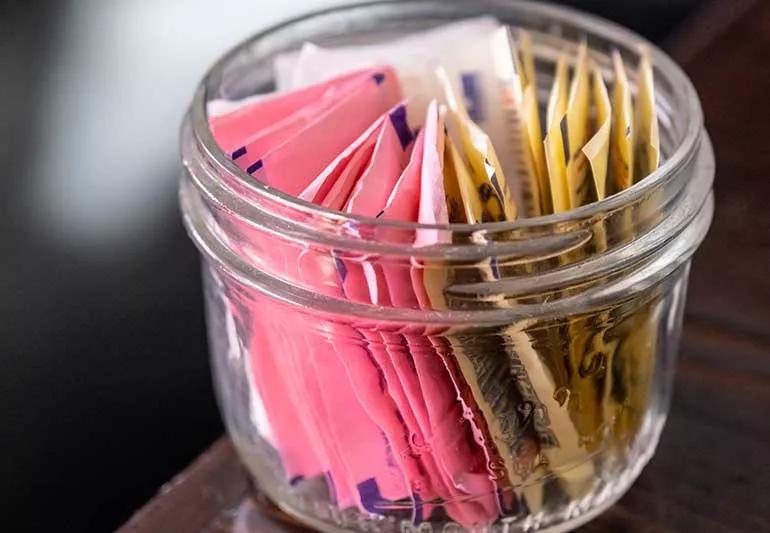Is Our Private Health Data Really Private?


Lynn Julian, a 46-yr-old survivor of the 2013 Boston Marathon bombing, concerns about the privateness of her weekly telehealth appointments and what she calls “social listening.”
A current practical experience gave her trigger for concern. Before long soon after taking a vitamin complement with her telephone on the counter nearby, Julian seen an ad for the smaller business that makes the products. The advert failed to seem random or aspect of a mass promoting campaign, but instead qualified based on her habits in her very own residence.
The subsequent early morning, Julian ate a power bar produced by an additional modest company, with her cellphone close by. That night, she observed her initial professional for that merchandise, too. It was more than enough to persuade her that she is currently being viewed.
According to Albert Fox Cahn, founder and govt director of Surveillance Engineering Oversight Project (S.T.O.P.), even when it feels like our products are listening to us, that is rarely genuine.
“The remedy is significantly more creepy,” Cahn reported. “The fact is we are so often subliminally communicating about these very same merchandise by our queries, via our social media, by way of our communications with some others, that by all of that conversation, we usually will be related with advertisers.”
With the rise of telehealth, digital wellness applications and health trackers, these fears are only probable to expand.
In between May well 2019 and May perhaps 2020, telehealth usage grew more than 5,000%. Around one particular in five Individuals had a smartwatch or health and fitness tracker in 2019. An believed 350,000 electronic health apps are offered to consumers. Those figures — and the abilities of apps and trackers — carry on to maximize.
Erika Barnes, 36, founder and CEO of PetSmitten, enjoys the health and fitness functions of her smartwatch, but has nagging thoughts about her privacy.
“There’s just constantly a problem in the back again of my brain about my data and how it’s staying utilized,” she reported.
The maker of Barnes’ smartwatch suggests it could share user info to assistance medical research, which brings about her to marvel if drug companies can get her facts for study applications. And she isn’t guaranteed she likes the plan of companies having facts about the rhythm of her coronary heart, for example.
“Some of the persons closest to me in my lifetime really don’t know the specific condition of my wellness, nor really should they. Firms least of all should have obtain to some of your most intimate individual information and facts,” Barnes stated.
But, irrespective of her concerns, she still employs her smartwatch for the reason that it’s so easy.
Authorized threats from well being info
Professionals alert that electronic surveillance could be applied to implement abortion bans in gentle of the United States Supreme Courtroom determination to overturn Roe v. Wade and relevant point out legal guidelines.
In accordance to Cahn, legislation enforcement can entry your personal facts by electronic forensics, scouring your facts based mostly on a subpoena or court get. Or they may perhaps have interaction in a digital dragnet, scanning wide sets of info, these as site and key terms, to detect any one who could have sought or helped some others search for abortion care. Authorities can also access your details via information brokers, who obtain and offer well being data.
Once an individual is a concentrate on of a police inquiry, almost any app can expose them to monitoring threat, Cahn mentioned. For instance, period of time trackers that show a missed time period could assist police reconstruct a woman’s reproductive care.
It is not just interval data that could be utilized versus you, nevertheless
“There’s a misunderstanding that femtech (female wellness technological know-how) applications, which includes time period monitoring apps, are the sole strategy as a result of which regulation enforcement can access reproductive overall health info,” reported lawyer Bethany Corbin, femtech lawyer and senior counsel at Nixon Gwilt Regulation. “The possibility for data entry extends considerably a lot more broadly, which includes to normal wellness apps and even telehealth and in-human being healthcare appointments.”
Privateness legislation don’t often utilize
The Wellness Insurance Portability and Accessibility Act of 1996 (HIPAA) limitations how healthcare companies and other entities can use, share or disclose your shielded wellness data. But not all info is protected and not all firms that hold your facts are matter to these principles.
“HIPAA’s applicability is pretty narrow,” Corbin said. “Many ladies suppose [their] data will be shielded by federal health care privateness rules. This is often not the situation. Most health care apps — and in unique, most femtech apps — fall into regulatory grey zones, in which federal privacy protections do not implement.”
Some states have privateness rules, and the Federal Trade Fee prohibits unfair or deceptive tactics. President Biden not too long ago signed an government buy that incorporated a ask for that the Federal Trade Fee chair take methods to defend client privateness. Lawmakers have released an investigation into how info brokers and application makers collect and promote consumer data.
Even with these protections and new attempts, Corbin said that health info is usually considerably less guarded than consumers realize.
What you can do to guard your privateness
“With privateness, it is by no means 1 measurement fits all,” Cahn mentioned. “For each individual human being, there is just not a uncomplicated indeed or no reply of no matter whether there is certainly a danger, but what we do see is a spectrum of hurt and persons hoping to figure out how to navigate that, to shield their very own info.”
Even now, there are methods you can choose to shield your information.
1. Examine the wellbeing app’s privacy plan before making use of it, specially the disclosure part, to comprehend how they share info.
“Disclosing facts to investigate establishments for extended-expression women’s health research may possibly be a disclosure that females are snug with, whereas disclosing data to facts brokers may well be something that gals are unpleasant with,” Corbin explained. “Each person ought to establish their have comfort and ease level with facts sharing and uncover an app that properly displays the user’s values.”
2. Pick out apps that gather the minimum amount knowledge required.
“Look for applications that use regional facts storage, this sort of as storage on your cell phone or pill, alternatively than cloud-based mostly storage, due to the fact it will be significantly less possible that the application can share your knowledge in the function they get a subpoena,” Corbin mentioned.
3. Comprehend the risks every time you interact electronically.
At any time you use an app, it is attainable that your facts will be disclosed or made community at some issue in time, regardless of whether that is simply because of data disclosures, or cyberattacks or info breaches. “Don’t disclose everything to an app or web-site that you would not want to be created general public,” Corbin stated.
From Your Website Articles
Associated Articles Close to the Net





